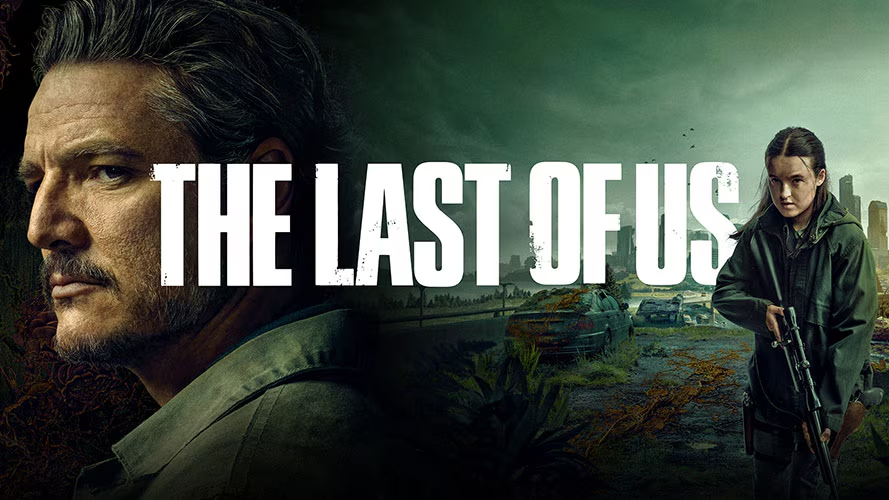When HBO announced it would adapt The Last of Us, a critically acclaimed 2013 video game, into a live-action series, expectations were high—and skepticism even higher. Video game adaptations have a rocky history, often missing the emotional depth or thematic nuance of their source material. But The Last of Us shattered those doubts. Premiering in January 2023, the show not only satisfied longtime fans but also captivated a new audience, becoming one of the most talked-about cultural phenomena of the decade.
A Story Beyond Zombies
At first glance, The Last of Us might seem like just another post-apocalyptic tale. A mysterious fungal infection (Cordyceps) decimates civilization, turning humans into grotesque, zombie-like creatures. But the real power of the narrative lies not in its horror elements, but in its human ones. The core story follows Joel, a grizzled survivor, and Ellie, a teenager who may hold the key to humanity’s survival. Their relationship—fraught, tender, and evolving—is the emotional anchor of the show.
What sets The Last of Us apart is how it treats emotional storytelling with reverence. Instead of fast-paced action, the show lingers on silence, grief, and trauma. In episode 3, titled “Long, Long Time,” the series diverges from the game to tell a love story between two men, Bill and Frank, over several decades. This standalone episode earned widespread acclaim for its tender portrayal of love and loss—and proved that the show wasn’t afraid to slow down for character-driven storytelling.
Redefining the Adaptation
The success of The Last of Us marks a turning point in how video games are viewed in mainstream media. Long dismissed as niche or juvenile, gaming is now seen as fertile ground for complex, mature storytelling. The show’s creators—Neil Druckmann (who co-created the game) and Craig Mazin (of Chernobyl)—worked together to ensure the adaptation was faithful but not redundant. Scenes are lifted directly from the game but reimagined through a cinematic lens, bringing new emotional weight to familiar moments.
Cultural and Social Resonance
Beyond entertainment, The Last of Us sparked conversations about disability, LGBTQ+ representation, mental health, and the ethics of survival. Ellie’s identity as a queer character was handled with authenticity, not tokenism—a rarity in mainstream TV. Meanwhile, Joel’s trauma and his complex moral choices opened doors for viewers to examine grief, parenthood, and the moral ambiguity that often accompanies survival in a broken world.
Critics praised the show for treating its audience with intelligence and emotional honesty. It won multiple awards and reignited interest in the original game, whose sales surged after the show’s release.
A New Era of Narrative Storytelling
The Last of Us is more than a show; it’s a signal that popular culture is shifting. Audiences crave stories that challenge, hurt, and heal. The show didn’t rely on CGI spectacle or bombastic action to hold our attention. Instead, it leaned into quiet devastation, subtle performances, and moral complexity.
In an age of endless reboots and shallow content churn, The Last of Us reminds us that adaptation can be art. It sets a new standard for storytelling—not just for video game adaptations, but for television as a whole.





